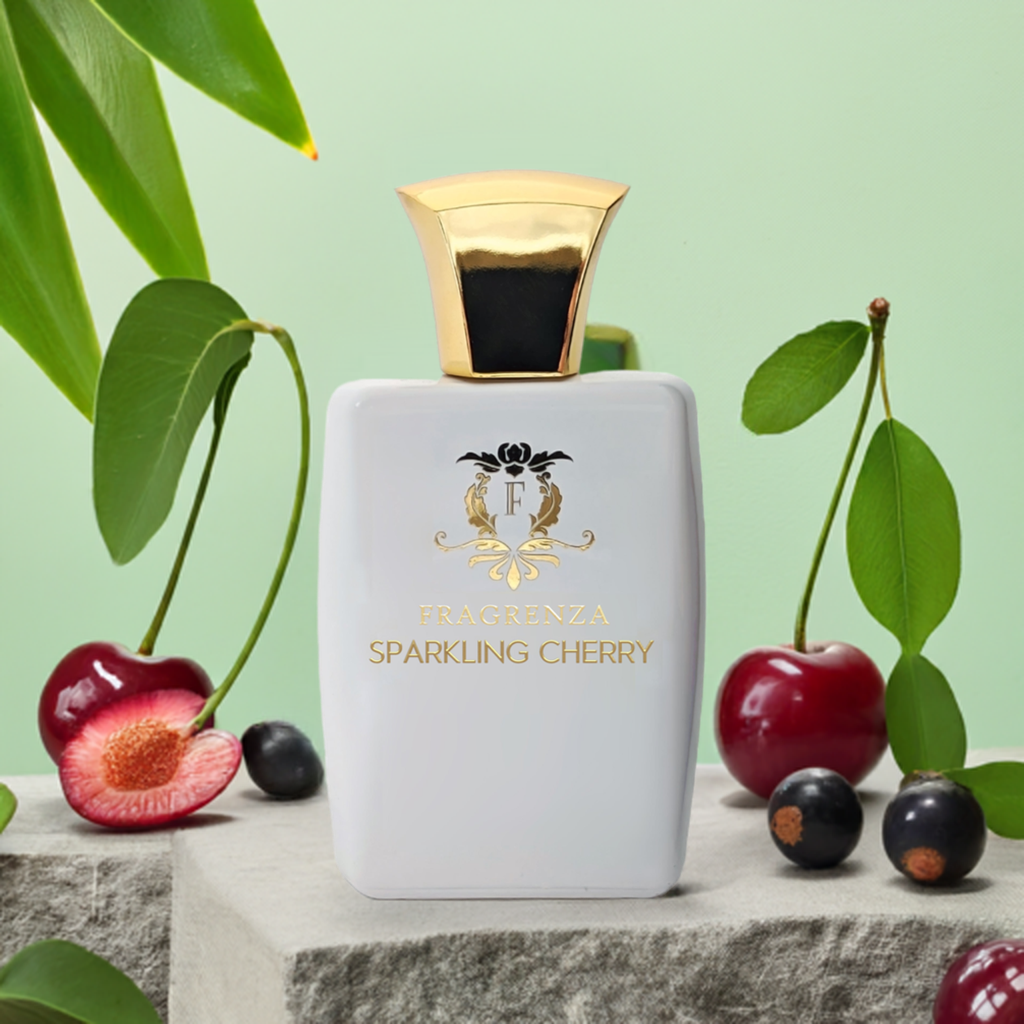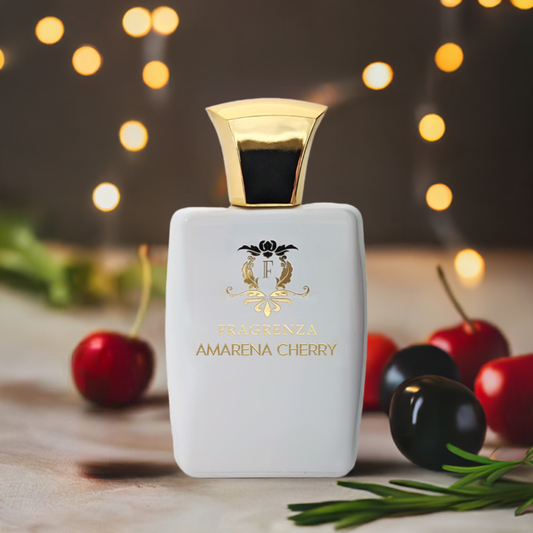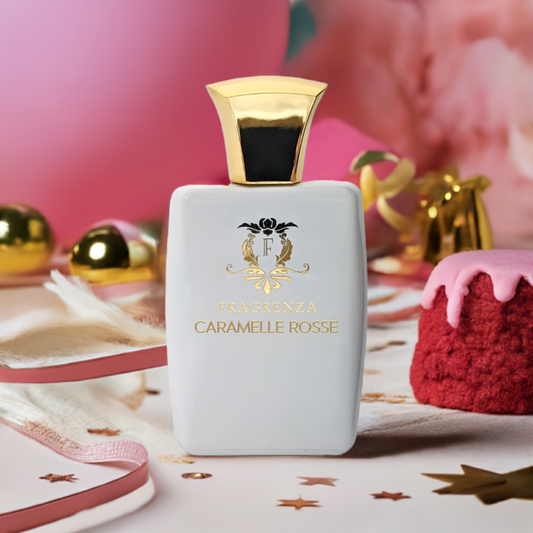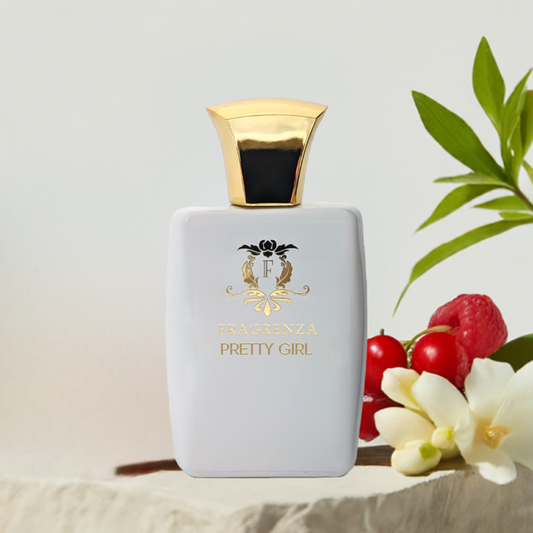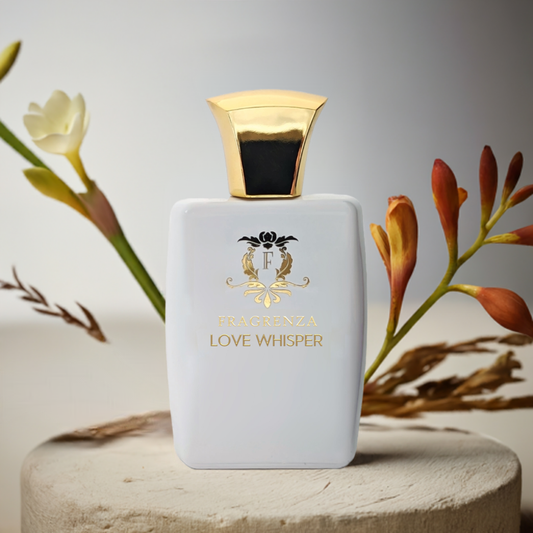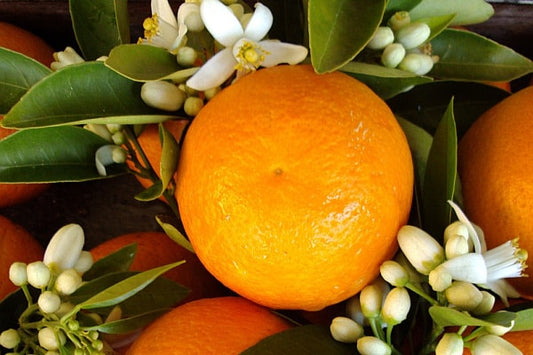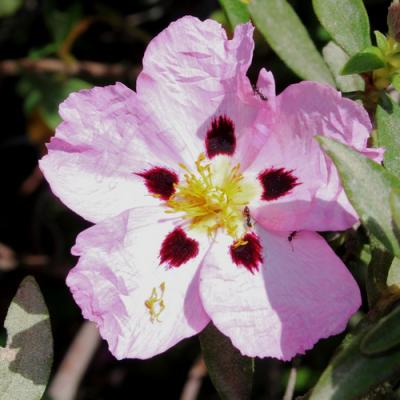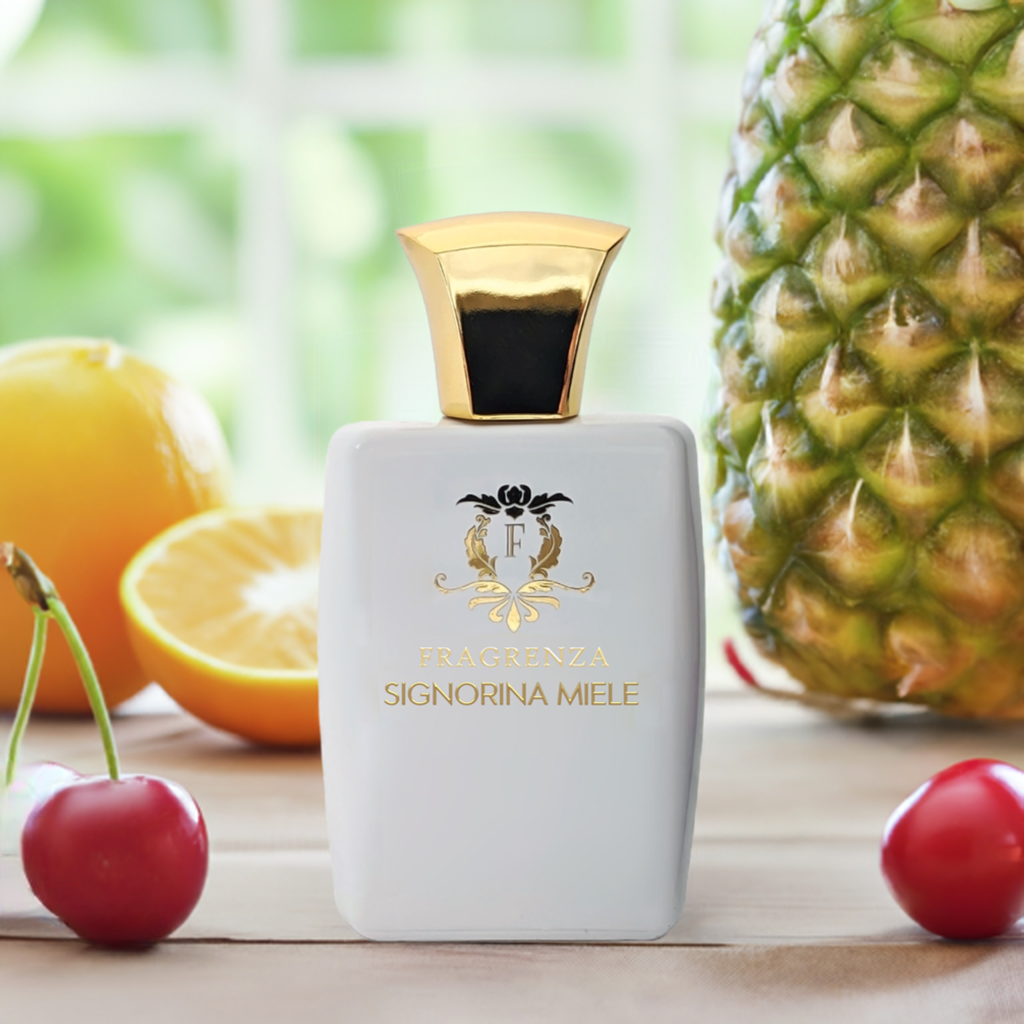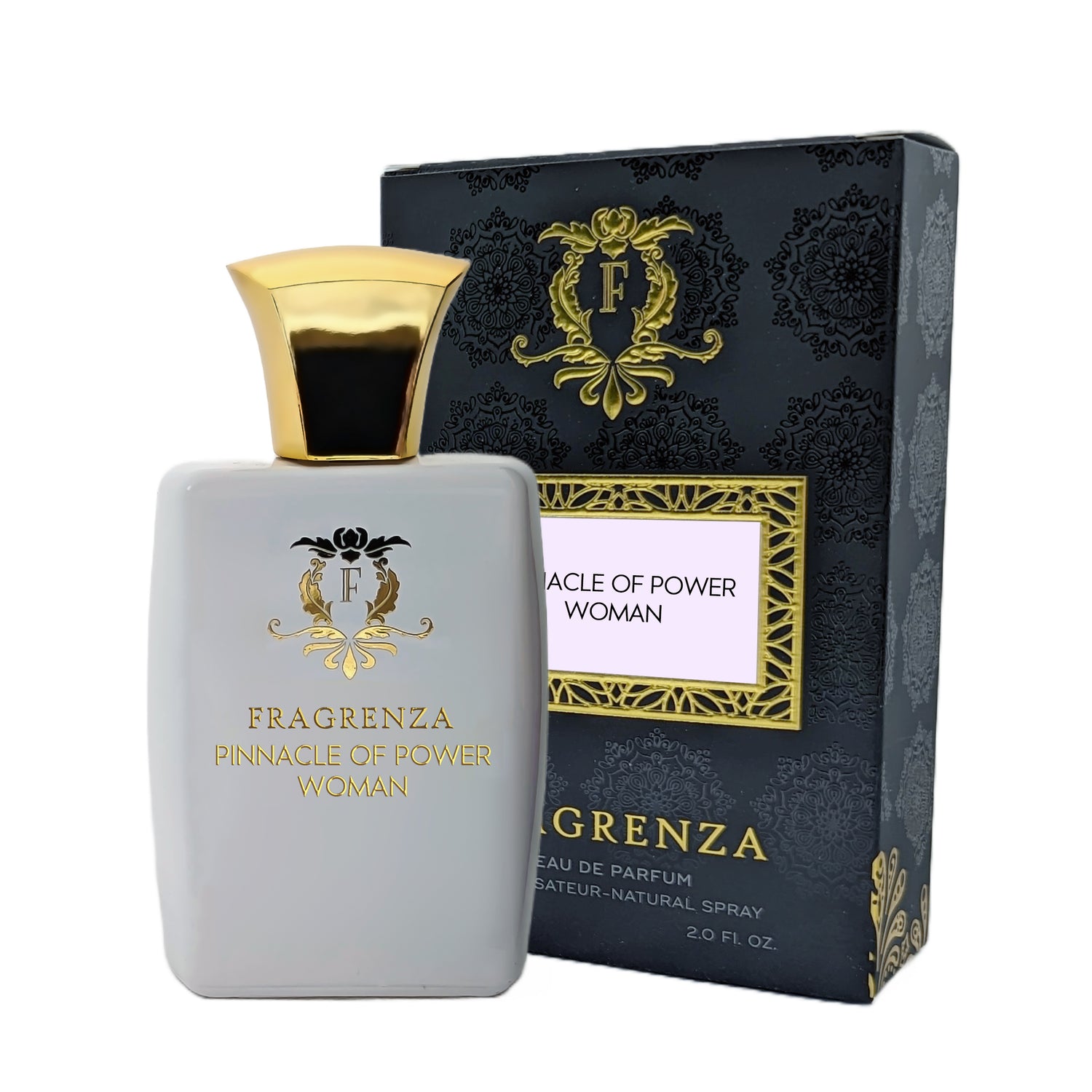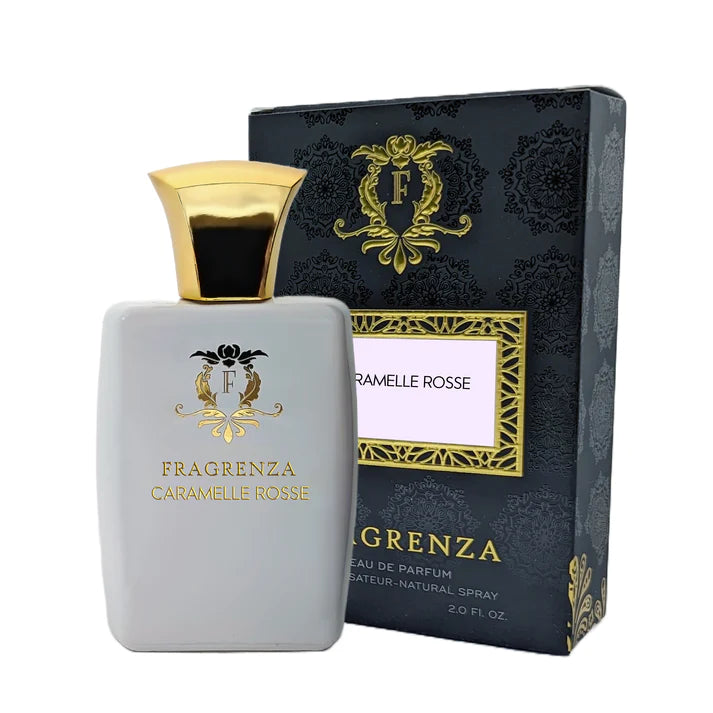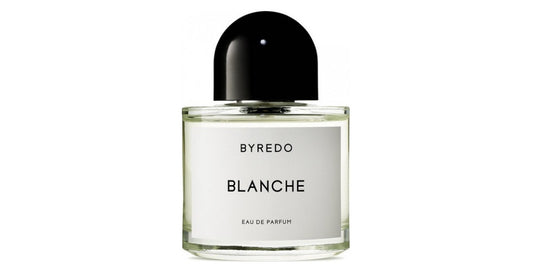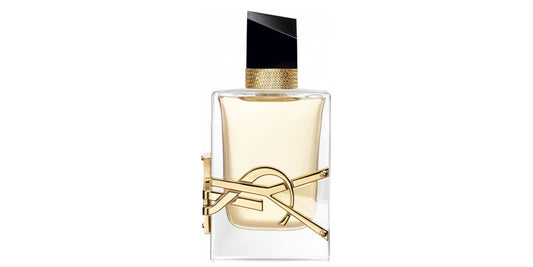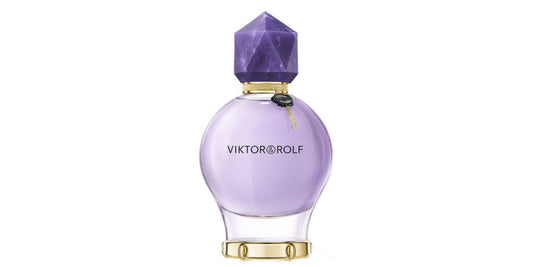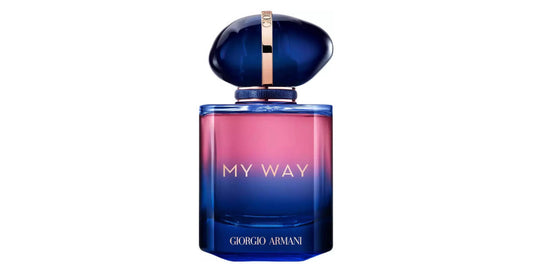Patchouli: The Mysterious and Enigmatic Scent
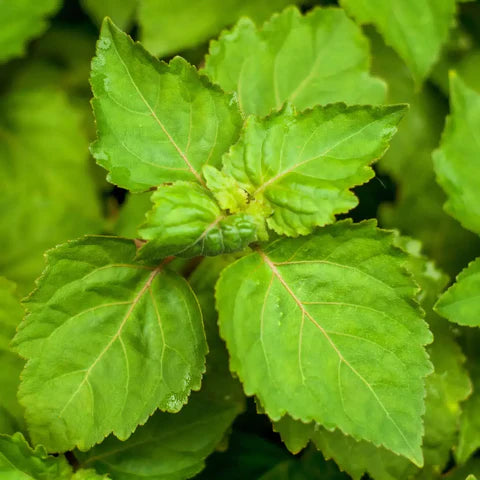
In This Article
Patchouli, a perennial herb native to Southeast Asia, has a long history of use in traditional medicine, incense, and perfumery. The essential oil extracted from the leaves of the patchouli plant (Pogostemon cablin) has a distinct and captivating scent that has been a staple in many fragrances and cosmetic products for centuries. This article explores the unique characteristics of patchouli's scent, its various uses, and the reasons behind its enduring popularity.
The Scent of Patchouli
Patchouli's fragrance is often described as earthy, woody, and musky, with a slightly sweet, spicy, and herbaceous undertone. The scent can be polarizing;some people are drawn to its mysterious and enigmatic character, while others find it overpowering or reminiscent of damp soil.
The complexity of patchouli's scent can be attributed to the numerous chemical compounds found in the essential oil, including patchoulol, pogostol, and norpatchoulenol. These compounds contribute to the oil's characteristic richness and depth, making it a popular base note in many fragrances.
Uses of Patchouli in Perfumery
Patchouli has been used in perfumery for centuries, both as a standalone fragrance and as a crucial component in many popular blends. Its versatility and fixative properties make it a valuable ingredient in various fragrance families, such as oriental, chypre, and woody compositions.
Patchouli's scent profile pairs well with other earthy and resinous ingredients like vetiver, sandalwood, and amber. It can also complement floral notes like rose, jasmine, and geranium, adding depth and warmth to the overall composition. Additionally, patchouli blends harmoniously with citrus and spicy notes, such as bergamot, orange, and cinnamon, to create a more balanced and dynamic fragrance.
The Enduring Popularity of Patchouli
Patchouli has a long and storied history, from its use in ancient Asian medicine to its role in the hippie movement of the 1960s and 1970s. The oil's association with counterculture and spirituality has contributed to its enduring popularity and mystique.
In recent years, patchouli has experienced a resurgence in popularity, as contemporary perfumers and fragrance enthusiasts rediscover its unique and versatile scent profile. Today, patchouli can be found in a wide array of niche and designer fragrances, from bold and daring compositions to more subtle and sophisticated blends.
Conclusion
Patchouli's enigmatic scent has captivated the senses of countless individuals throughout history. Its distinctive earthy, woody, and musky character, combined with its versatility and fixative properties, make it an indispensable ingredient in the world of perfumery. Whether you're drawn to the mysterious allure of patchouli or curious to explore its various facets, there's no denying the enduring appeal and mystique of this intriguing aroma.
